-
¿Quiénes somos?
¿Quiénes somos?
-
Proyectos
-
Centro de recuperación
- Colabora
- Noticias
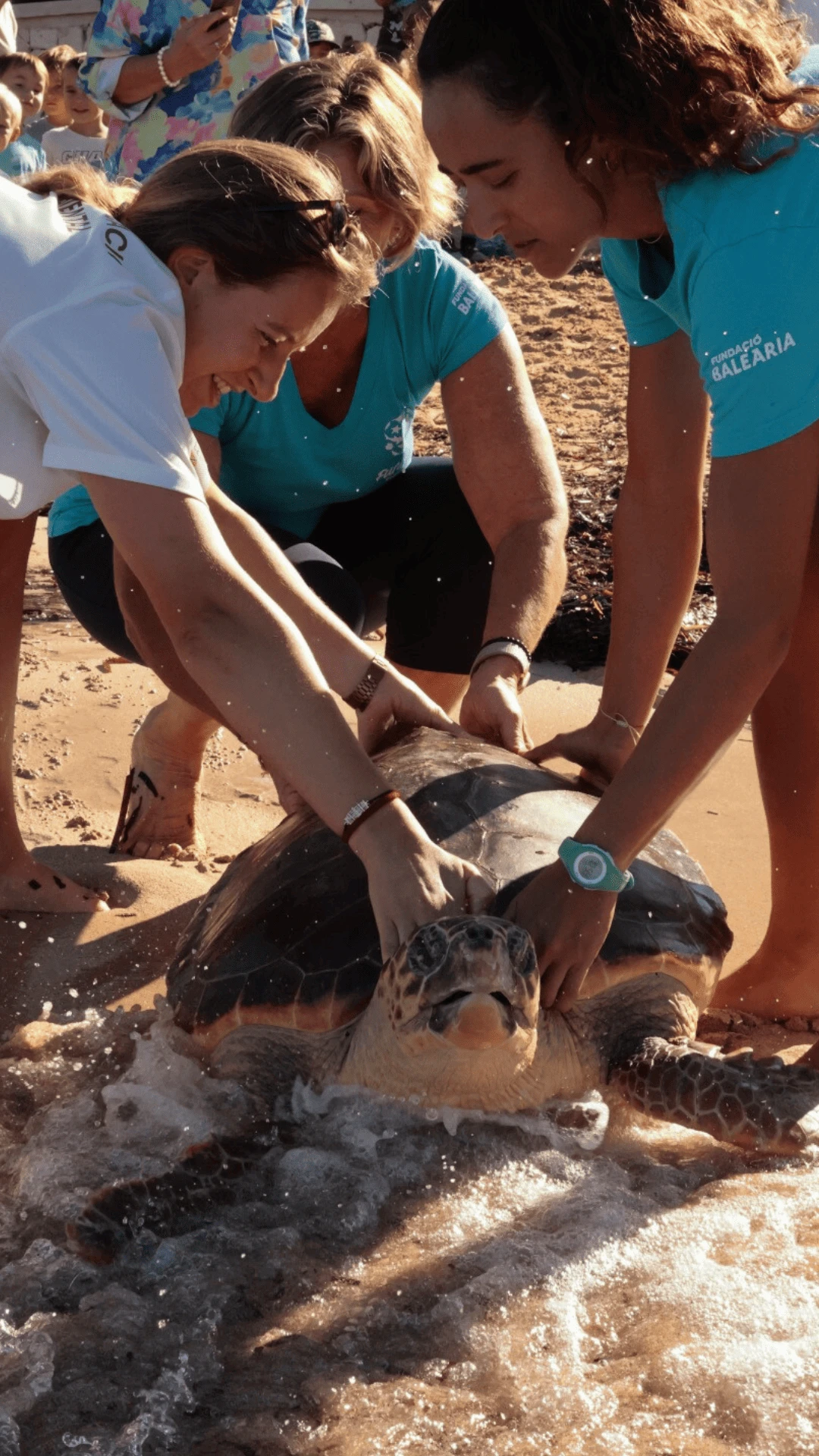
Palma Aquarium opened in 2007 as a marine park committed to the conservation of all the world's seas and oceans, and in particular the Balearic Sea. Over the years, it has played an active role in numerous environmental actions that share this goal.
In March 2016, the 'Palma Aquarium Foundation for Environmental Protection' was officially set up. This non-profit organisation, promoted by Palma Aquarium, aims to provide human and material resources to support conservation, education, and research.
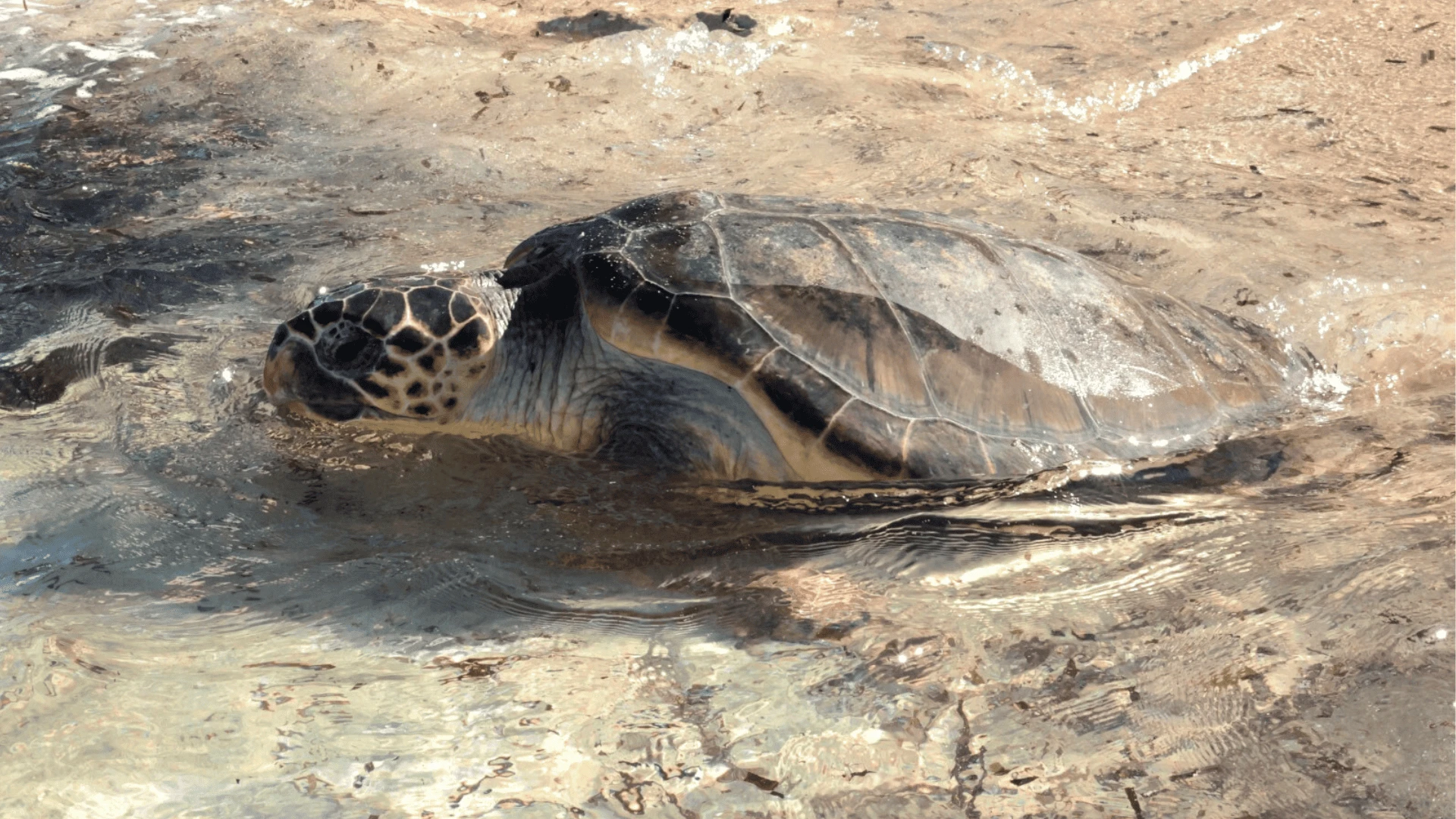

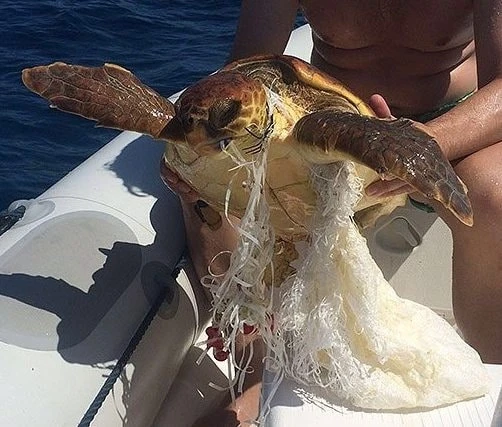
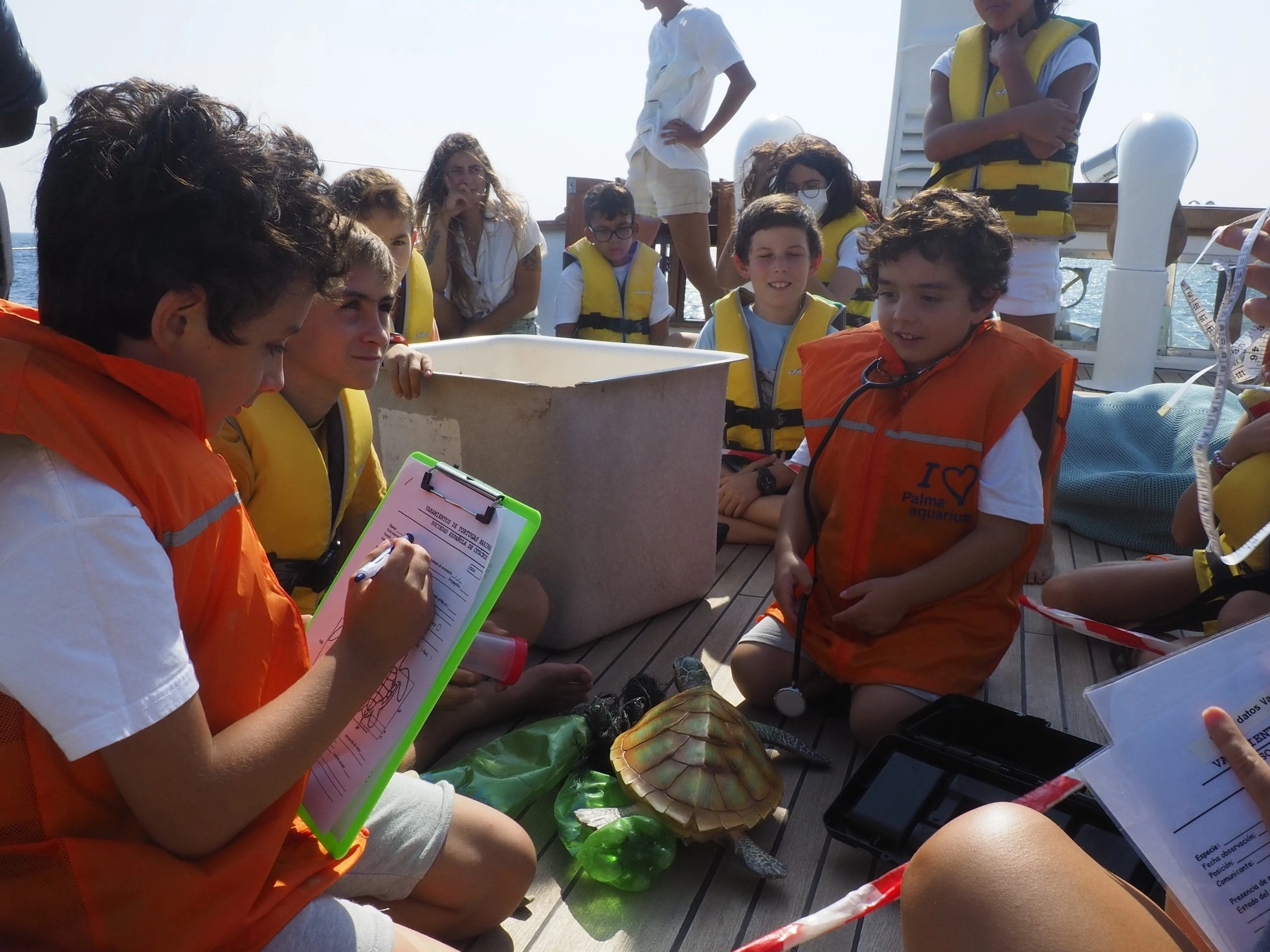
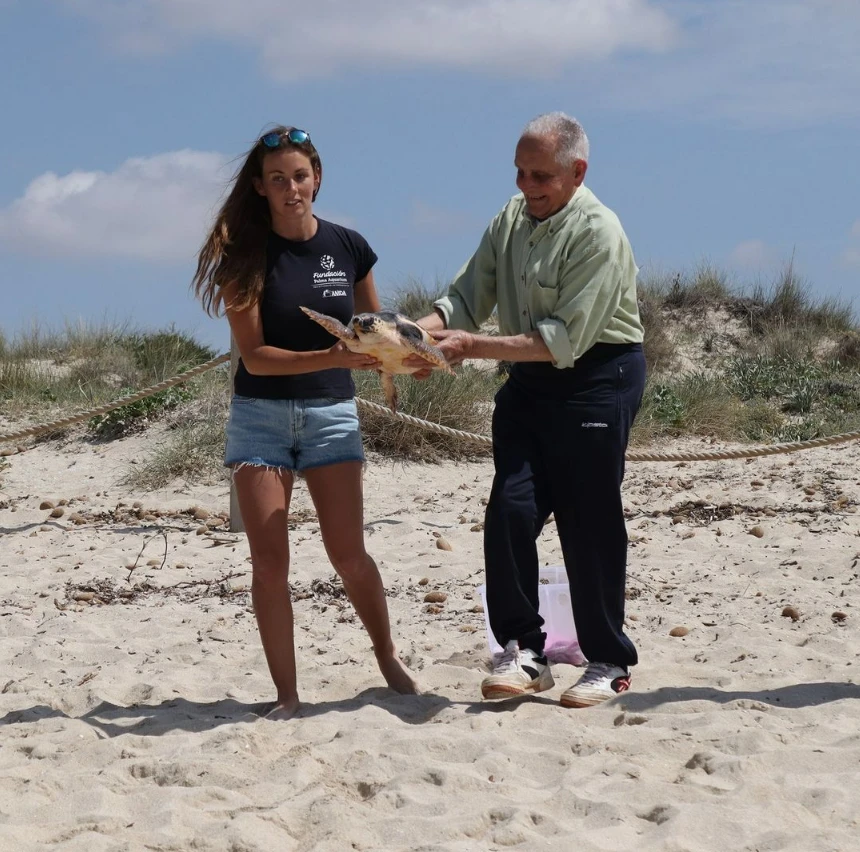
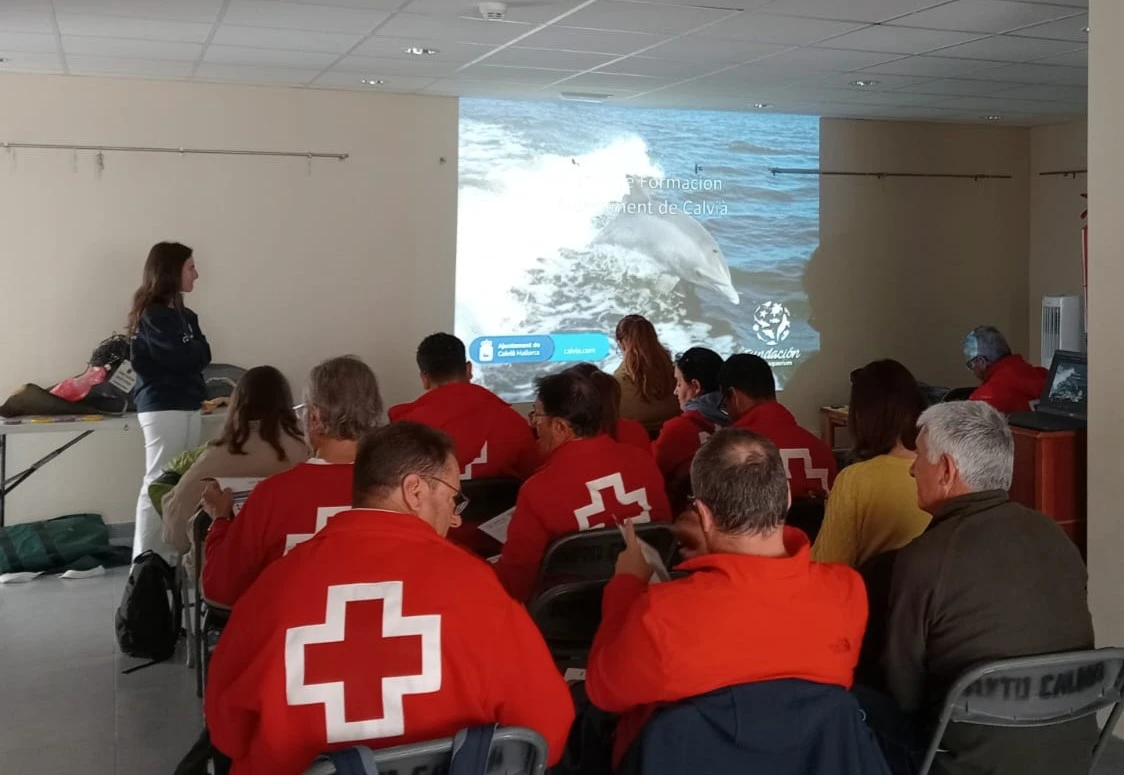
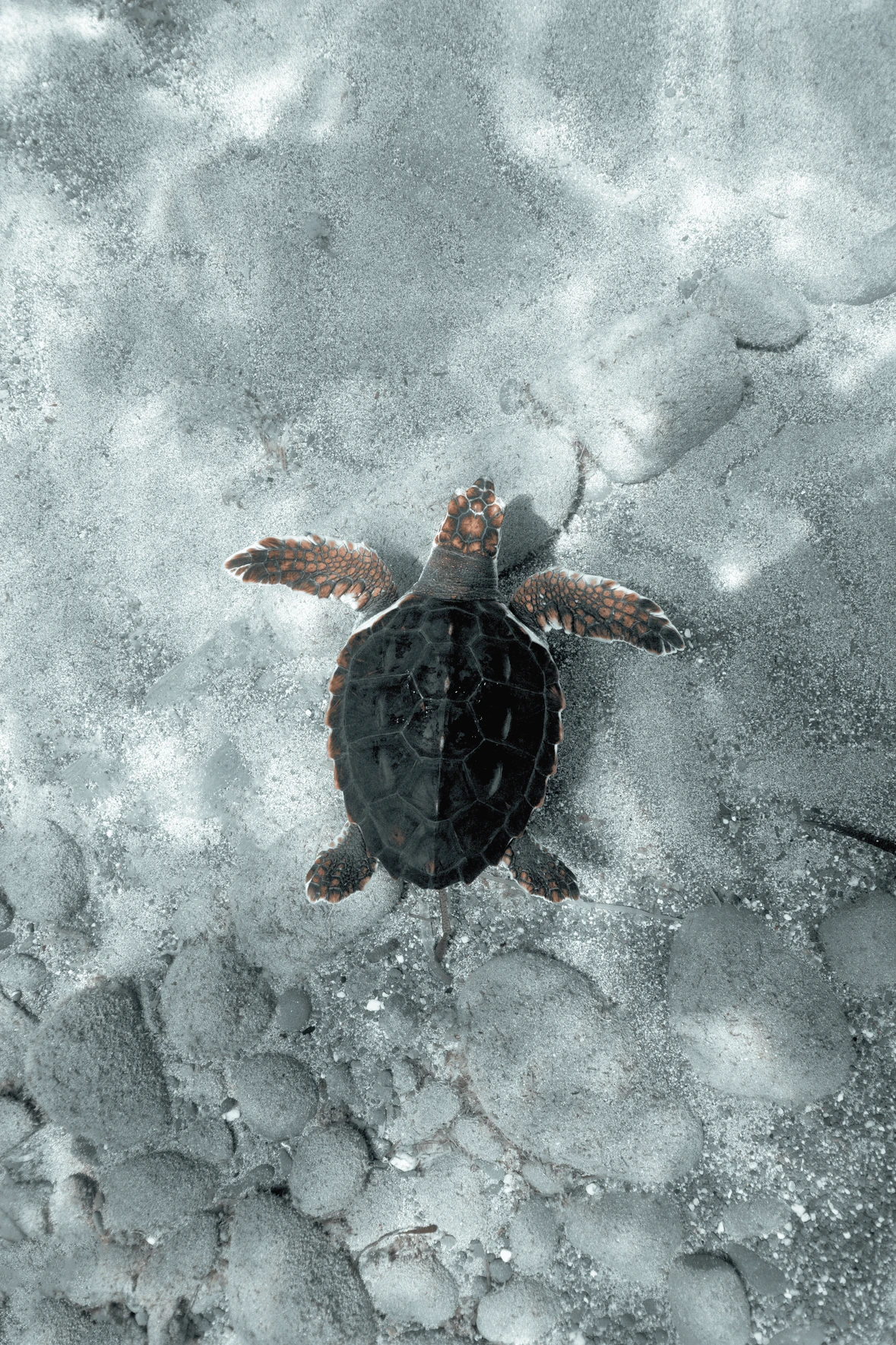
A pilot project for the captive breeding and reintroduction of small Mediterranean sharks into the wild, in collaboration with other entities and organisations.
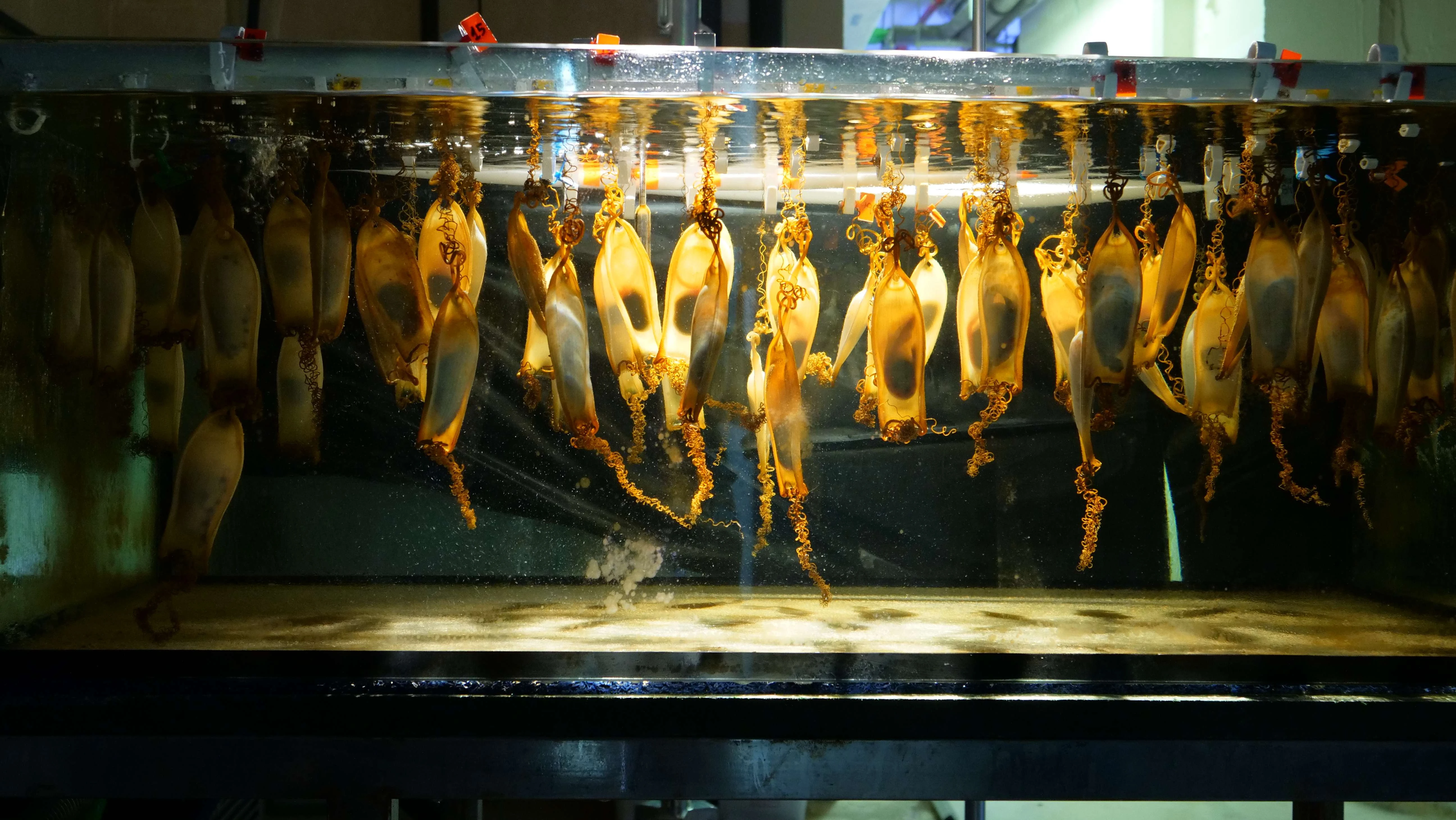
The project seeks to tackle the critical situation of nursehound sharks in the Mediterranean and increase their wild populations through breeding in a controlled artificial environment.
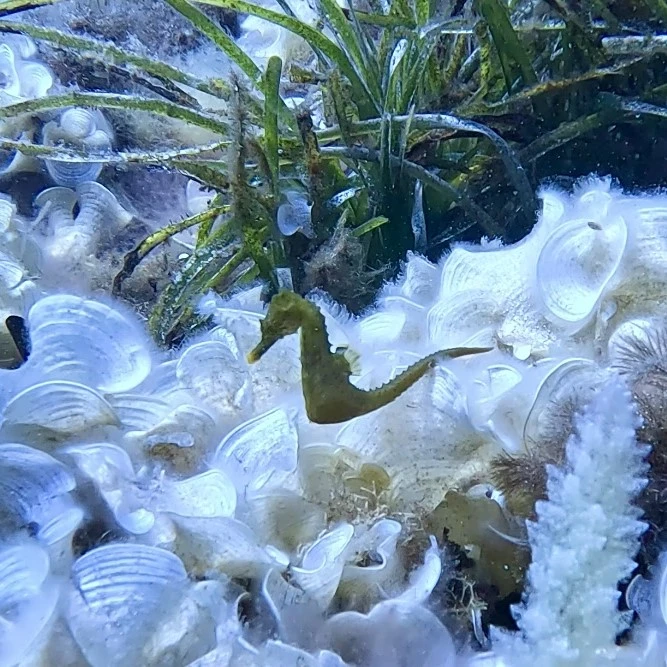
A project aimed at boosting the reproduction of seahorses in the Mediterranean through a controlled artificial environment and their reintroduction into their natural habitat.
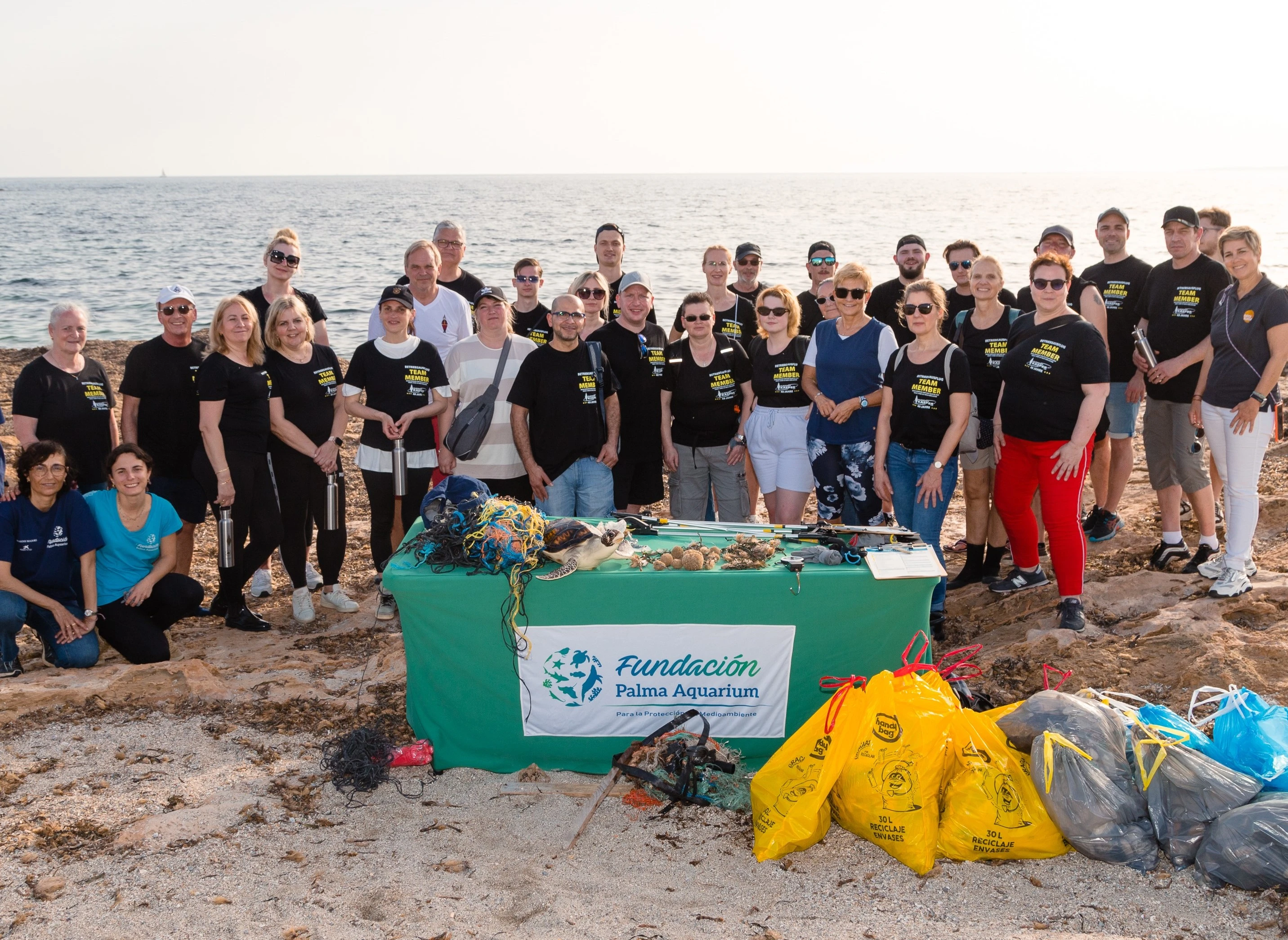
We organise beach clean-ups with the aim of preserving marine ecosystems and promoting environmental awareness among the community.
The Palma Aquarium Foundation is the organisation responsible for assisting stranded marine wildlife in the Balearic Islands. In 2014, Palma Aquarium signed a service contract for the “Monitoring and Recovery of Protected Marine Wildlife in the Balearic Islands” with the Consortium for the Recovery of Wildlife in the Balearic Islands (COFIB by its Spanish initials), an organisation under the Species Protection Service of the Balearic Islands' Regional Ministry of the Environment and Territory.
Since June 2022, the assistance of stranded marine wildlife in the Balearic Islands has been managed by the Palma Aquarium Foundation as part of the project “Conservation and Protection of Endangered Marine Species (marine turtles, cetaceans, and sharks) in the Balearic Islands”, under the acronym OCEMIB. This initiative is supported by the Biodiversity Foundation of Spain's Ministry for Ecological Transition and the Demographic Challenge (MITECO by its Spanish initials) through the Recovery, Transformation and Resilience Plan (PRTR by its Spanish initials), financed with the European Union’s NextGenerationEU funds.


 Colabora
Colabora